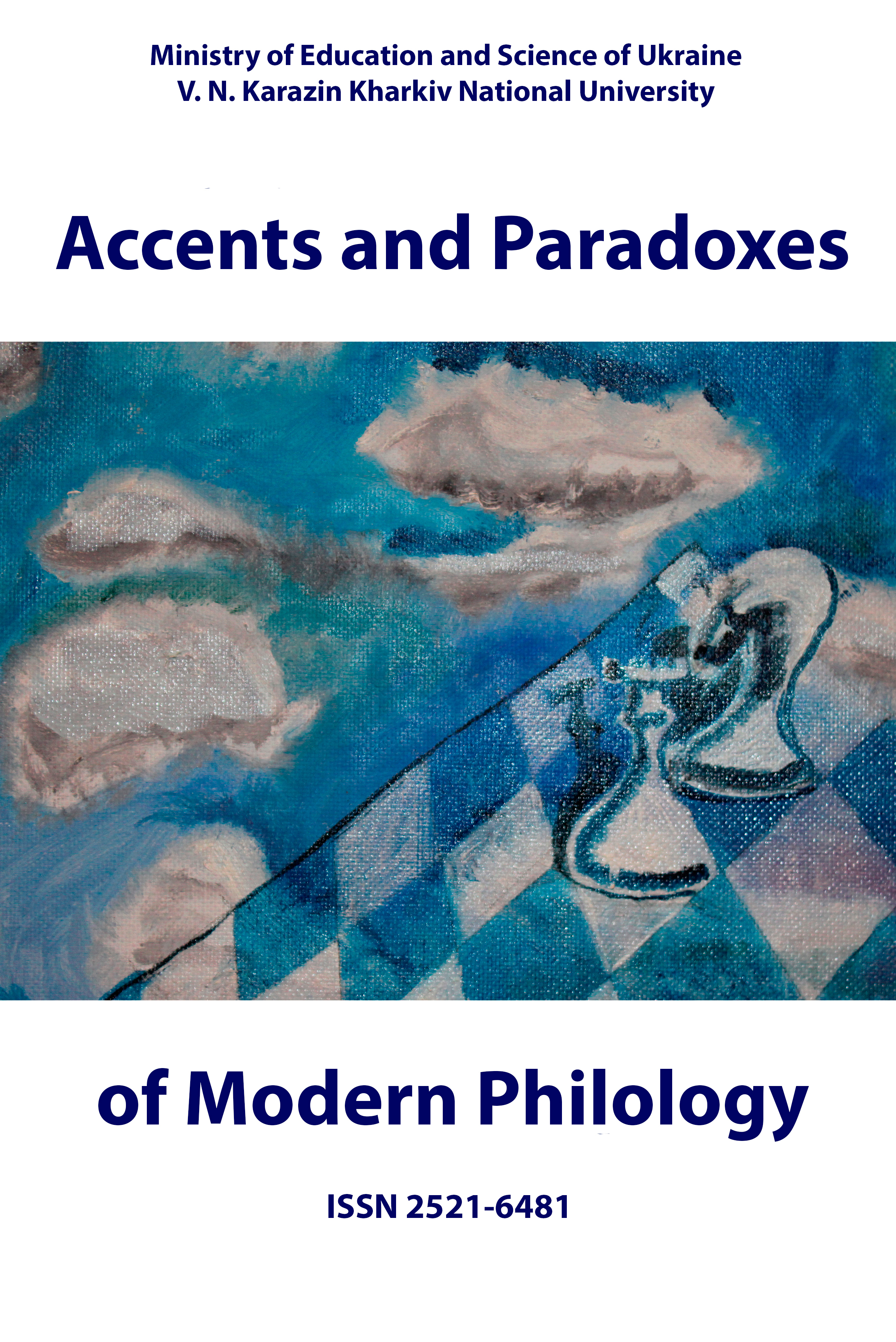The role of high prestige languages in the formation of European literary languages
Abstract
I believe that contacts between popular dialects and high culture languages (mainly Latin and Greek) were the main factor driving the increase of language efficiency in the early period of forming literary languages of the European cultural area. Vernacular language patterns did not prompt developments in vocabulary, syntax and style until much later. Once intellectualized, dialects served as a tool for transmitting Greek and Latin culture, as well as logical and abstract thought. A purely popular language was unable to fulfill this function.
Downloads
References
Дуличенко, А. Д. (2003-2004). Славянские литературные микроязыки. Образцы текстов, т. 1-2/ Тарту: Издательство Тартуского университета
Floryan, W. (red.) (1977-1991). Dzieje literatur europejskich (The History of European Literatures), vol. 1-3. Warszawa: Państwowe Wydawnictwo Naukowe
Krašovec, J. (red.) (1998). Interpretation of the Bible = Interpretation der Bibel = Interprétation de la Bible = Interpretacija Svetega pisma. Ljubljana: Slovenska akademija znanosti in umetnosti; Sheffield Academic Press
Lewaszkiewicz, T. (1992a). Rola kontaktów językowych we wstępnym okresie formowania się słowiańskich języków literackich (na tle ogólniejszym) (The Role of Language Contacts in the early period of Slavic literary language formation (against a more general background)). Z polskich studiów slawistycznych, seria VIII: Językoznawstwo (Polish Slavic Studies, series 7: Linguistics). Warszawa, 133-138
Lewaszkiewicz, T. (1992b). Rola przekładów Biblii w formowaniu języków literackich europejskiego kręgu kulturowego (The role of Bible translations in forming literary languages of the European cultural area), in: M. Kamińska, E. Małek (ed.). Biblia a kultura Europy I (Bible and the Culture of Europe I). Łódź: Wydawnictwo Uniwersytetu Łódzkiego, 232-248
Lewaszkiewicz, T. (1994). O potrzebie nowego spojrzenia na genezę polskiego języka literackiego (z uwzględnieniem tła ogólnoeuropejskiego) (The need for a novel approach to the origin of Polish literary language (considering the general European background)). in: M. Kucała, Z. Krążyńska (ed.). Studia historycznojęzykowe (Historical Linguistics Studies) I. Kraków: Instytut Języka Polskiego Polskiej Akademii Nauk, 213-220
Lewaszkiewicz, T. (1995). Łużyckie przekłady Biblii. Przewodnik bibliograficzny. ((Sorbian translations of the Bible. A bibliographic guidebook.) Warszawa: Slawistyczny Ośrodek Wydawniczy
Lewaszkiewicz, T. (2012). Problem przekładów Biblii na języki ludowe w świecie słowiańskim (na tle europejskim) (The issue of translating the Bible into popular languages in the Slavic world (against the European background)), in: I. Lis-Wielgosz, W. Jóźwiak (ed.). Chrześcijański Wschód i Zachód. Formy dialogu, wzory kultury, kody pamięci (The Christian East and West. Dialogue forms, cultural patterns, memory codes). Poznań: Wydawnictwo „Pro”, 535-551
Oczkowa, B., Szczepańska, E., Kwoka, T. (red.). (2011). Słowiańskie języki literackie. Rys historyczny. (Slavic literary languages. A short history.) Kraków: Wydawnictwo Uniwersytetu Jagiellońskiego
Topolińska, Z., Vidoeski, B. (1984). Polski ~ Macedoński. Gramatyka konfrontatywna (zarys problematyki). Zeszyt 1: wprowadzenie (Polish ~ Macedonian. A confrontational grammar of Macedonian (outline). Volume 1: introduction). Wrocław: Zakład Narodowy im. Ossolińskich
Weinreich, U. (1968). Languages in Contact. Findings and Problems, 6th edition. The Hague: Mounton Publishers




